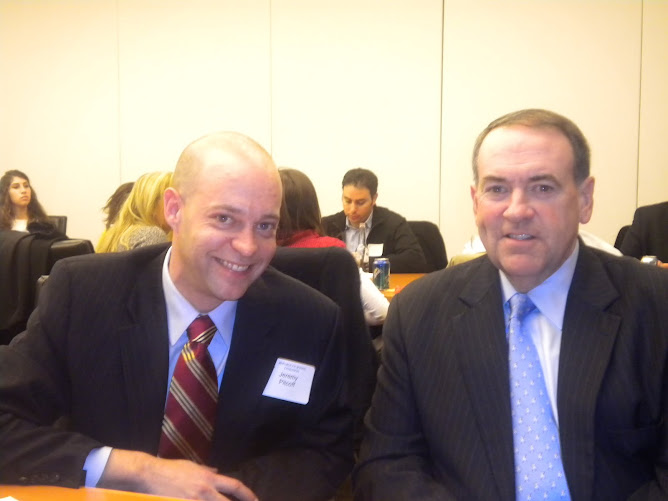2012: Year Of The Dark Horse Candidate
For good or otherwise, the presidential election of 2012 will determine the fate of America. At the present time, there are three foreseeable outcomes for what is certain to be a heated contest between modern progressivism on the one hand and constitutional conservatism on the other. Option one is the reelection of incumbent President, Barack Obama, a Progressive victory that would seal America’s fate as a nation dominated, both economically and socially, by the dictates of the federal government. Option two, in contrast, would entail the election of a yet to be named Reagan conservative who, with steadfast conviction, could work with Congress to methodically reverse the expansive powers of the federal government that have steadily increased over the course of the past two decades. Option three presents a “moderate” Republican capturing the presidential prize, rendering our nation’s future less predictable.
America has arrived at the point where its national debt ($14.4 trillion) cannot be sustained by the taxes raised through its gross domestic product. Accordingly, with each passing year, the debt will increase at levels exceedingly higher than that of the preceding year. The only option for reversing this trend would be a thorough overhaul of the driving forces of the debt, followed by a series of tax-cut initiatives aimed at spurring and maintaining strong economic growth.
As two-thirds of all public spending in America is allocated to entitlement and safety net programs, and as President Obama has refused to recognize the impending collapse of these systems in their current form and has actively participated in adding to the unsustainable nature of these programs via Obama-Care, there is little chance that a second Obama Administration would help to curb America’s economic descent. Tax-cuts are certainly out of the question from the likes of a President who has spent most of his time in office pontificating on the redistribution of wealth and the inherent greed of capitalism.
Party backed Republican moderate, Mitt Romney and inside-the-beltway conservative of yesteryear, Newt Gingrich, offer America a future that would appear only slightly more prosperous than that of its present condition. While both presidential contenders deserve credit for their advocacy of corporate and individual tax-reform, both gentlemen seem to possess philosophical convictions that run contrary to the will of the people. Mr. Romney, while governor of Massachusetts, created a health care system that is widely recognized as the precursor to Obama-Care. While Romney-Care does not violate the U.S. Constitution, as does its federal twin, due to the broad constitutional powers granted to the states, it is nonetheless indicative of Mr. Romney’s overall view of the role of government in America. Newt Gingrich, once a brave steward of constitutional conservatism, now adamantly supports government subsidies for ethanol and federal usurpation of individual freedoms of commerce.
While the Republican Party has managed to produce effective conservative leadership in the federal legislature vis-à-vis Wisconsin Congressman Paul Ryan and Florida Senator Marco Rubio, it has yet to unite around a viable conservative for president. And while it is quite possible that a Romney or Gingrich presidency might serve America well, if only because neither of these leaders would likely veto the reformative initiatives of a conservative Congress, it is a scenario ensconced with risk and should be avoided, if possible, by Republicans.
So where are the conservative candidates? Reagan Republicans and Tea Party Activists need not fret just yet. American history provides several instances of late entry, “dark horse” candidates. These are candidates who, historically speaking, have surfaced amid exceptionally divisive times, and who have proven to be remarkably effective leaders; note Abraham Lincoln and James K. Polk. Because “dark horse” candidates are more a product of the people than of the party, they tend to answer to the people’s will more than to the will of the establishment.
Two names to look for, both newly elected governors, both effective leaders with strong conservative credentials and proclivities for pragmatic reform: John Kasich of Ohio and Chris Christie of New Jersey. Neither of these governors is currently on the presidential radar, primarily because neither has expressed an interest in becoming president. Public duty, however, has a funny way of impacting on a person’s mind. Have faith conservatives – we just may find our dark horse candidate yet.
A quest for the Coservative dream: Tax Cuts, Fiscal Conservation & Maximum Individual Freedoms Consistent with Law & Order
Subscribe to:
Post Comments (Atom)
Conservative Compatriots

Jeremy Pitcoff & Governor Mike Huckabee













No comments:
Post a Comment